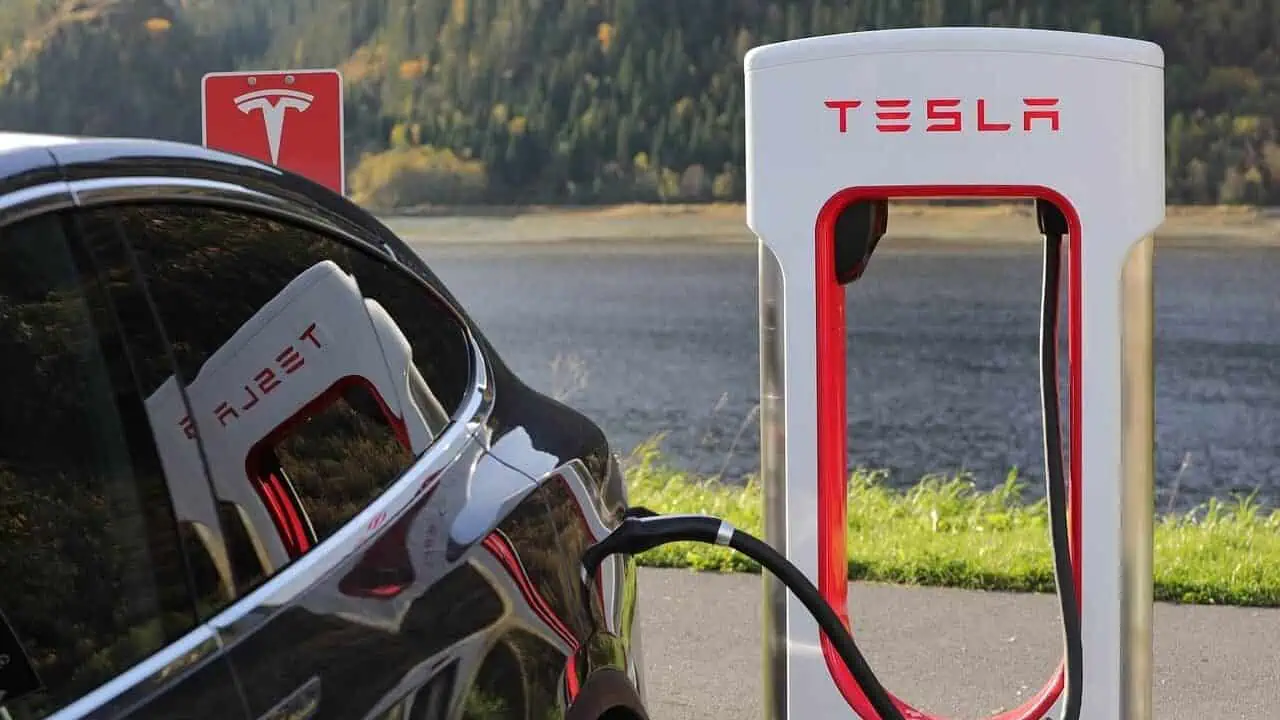Governments worldwide have joined the electric vehicle drive as they aim to cut their carbon emissions by a certain timeline. However, skepticism remains about whether the relevant infrastructures can support the rapidly growing number of EVs on the roads.
In Germany, EV charging points surged by 35% in 2022, per the German Association of Energy and Water Industries (BDEW). What’s more remarkable is it surpassed the required growth rate to match the deployment of all-electric vehicles in the country.
“The figures clearly show that there has been an enormous technological leap in charging performance.
While the average charging capacity was around 20 kW per charging point five years ago, it is now around 30 kW. Vehicles can charge faster and faster, the charging station operators adapt their technology to this and offer the higher charging capacity. In this way, significantly more vehicles can be supplied at the same time. This makes it clear that simply counting charging points does not do justice to the development of technology, but that the installed charging capacity is a central reference value for evaluating the charging offer.”
Kerstin Andreae, Chair of the BDEW Executive Board
Germany spends 6.3 billion euros to boost EV charging infrastructures
In an effort to achieve net zero emissions from the transportation sector, the German government last October authorized a proposal to spend 6.3 billion euros ($6.9 billion) in the course of three years.
The funds will be used to significantly increase the number of charging stations in the country.
According to BDEW’s estimations, the increase in installed charging infrastructure from both the public and private sectors exceeded the sum required to keep up with EV growth up to that point by 20%.
The report indicated that the new total of public charging stations hit 80,541 units. Notably, ultra-fast points (HPC) with a performance of more than 150 Kilowatts increased by 83% YoY to 7,037 points. In particular, that amount can power a 100-kilometer (62-mile) driving range in a few minutes.
On the other hand, DC fast charging points with 22 kW to 149 kW performance grew 15% to 6,216 units.
In addition, private and semi-public AC charging points with a performance of 11 kW to 22 kW increased by 34% to 67,288 units.
As of the end of 2022, the firms had deployed power capacity for EVs of 2.47 gigawatts (GW) to 80,541 public charging stations, up from 1.74 GW in the previous year.
EVs reached 1.5 million units in Germany as of October 2022
In October 2022, government data revealed that there were 1.5 million all-electric vehicles on German roads, representing 10% of the government’s objective for 2030.
Reuters reported BDEW Managing Director Kerstin Andreae’s statement that the present growth rate can only achieve 8 million units, as opposed to Germany’s target of 15 million EVs by 2030.
See Also:
- Germany deems Tesla Superchargers to be technically illegal
- Shell and ABB unveil its “World’s fastest” EV charger in Germany
- Spain in EU top five list with the highest public charging points; Netherlands, Germany at the top
- NIO to expand its battery swap stations in Germany with EnBW
- Volkswagen AG operates Europe’s greatest charging network with Elli
That said, Andreae suggested a number of actions that might help in achieving the goal, such as increasing incentives for EV customers, encouraging companies to provide workplace charging, and expediting required clearances.






